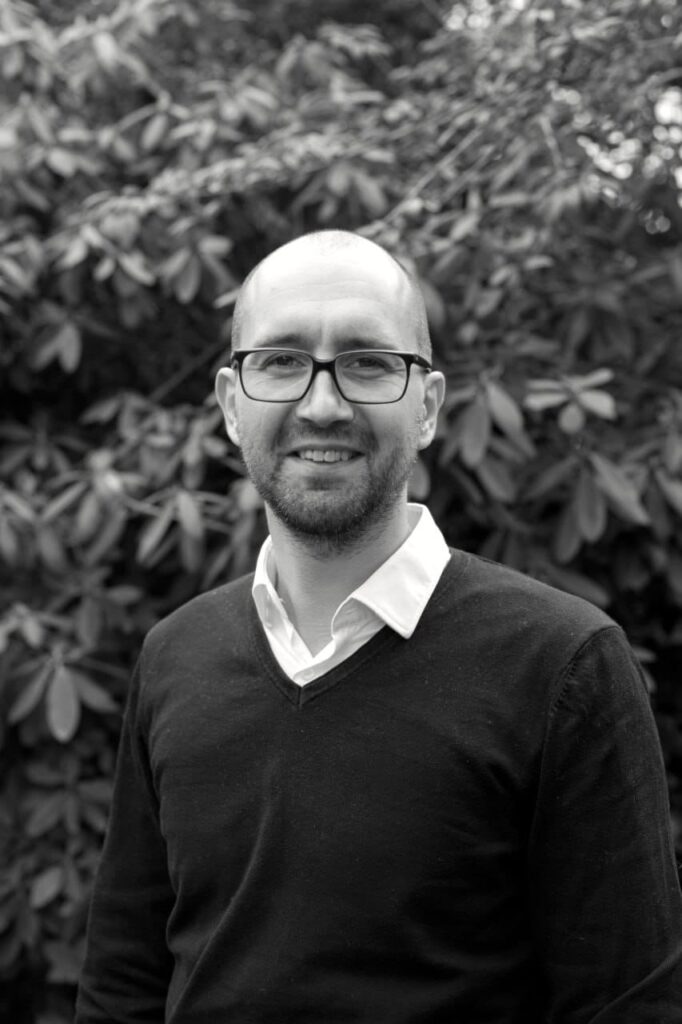
Aleksandra (Ola) Kołodziejczyk
Ola is a group leader of the Laboratory of Cellular Genomics at the IIMCB in Warsaw, which she established in 2023. Her current research is dedicated to unraveling the genomic, metabolic, and immune aspects of the digestive tract. Ola’s doctoral work in the Sarah Teichmann group at the Wellcome Trust Sanger Institute and EMBL-EBI placed her at the forefront of single-cell RNA sequencing development. During her PhD, she focused on the technical aspects of this method and its application to T cells and mouse embryonic stem cells. As a postdoctoral fellow, Ola joined Eran Elinav’s lab at the Weizmann Institute, where she applied her genomic skills to the study of host-microbe crosstalk in liver diseases. Her work there led to the description of key molecular pathways associated with acute liver failure and to the identification of potential therapeutic targets. Now, at IIMCB, Ola and her lab are leveraging cutting-edge ‘omics technologies to study host-microbiota interactions and gastrointestinal health.
Website: https://olab.com.pl/
Papers: Lung dendritic-cell metabolism underlies susceptibility to viral infection in diabetes. Nature (2023)
Comparison of antiviral responses in two bat species reveals conserved and divergent innate immune pathways. iScience (2023)
The proteasome regulator PSME4 drives immune evasion and abrogates anti-tumor immunity in NSCLC. Nature Cancer (2023)
Epithelial Nlrp10 inflammasome mediates protection against intestinal auto-inflammation. Nature Immunology (2023)
Wolfgang Kastenmüller
Wolfgang Kastenmüller studied Medicine in Munich and did his M.D. in tumor immunology. Following his specialization in medical microbiology and virology, he did his post-doc at the NIH with Ron Germain (2008-2012) where he studied T cell dynamics and lymphocyte migration in secondary lymphoid organs. In 2013 he started his independent group in Bonn and elucidated spatiotemporal aspects of CD4 help for CTL and investigated dendritic cells behavior and cooperativity during viral infections. In 2017 he was selected as Max-Planck Research Group Leader and together with Georg Gasteiger founded the Institute for Systems Immunology in Würzburg. In 2019 he received an ERC consolidator award to continue his work on CD8 T cell biology and dendritic cell development and started to investigate the function of unconventional T cells.
Website: https://www.med.uni-wuerzburg.de/en/systemimmunologie/research/leukocyte-dynamics-kastenmueller-lab/
Papers: Resident regulatory T cells reflect the immune history of individual lymph nodes. Science Immunology (2023)
Lymph node medulla regulates the spatiotemporal unfolding of resident dendritic cell networks. Immunity (2023)
CD4+ T cell-induced inflammatory cell death controls immune-evasive tumours. Nature (2023)
Lymphatic migration of unconventional T cells promotes site-specific immunity in distinct lymph nodes. Immunity (2022)

